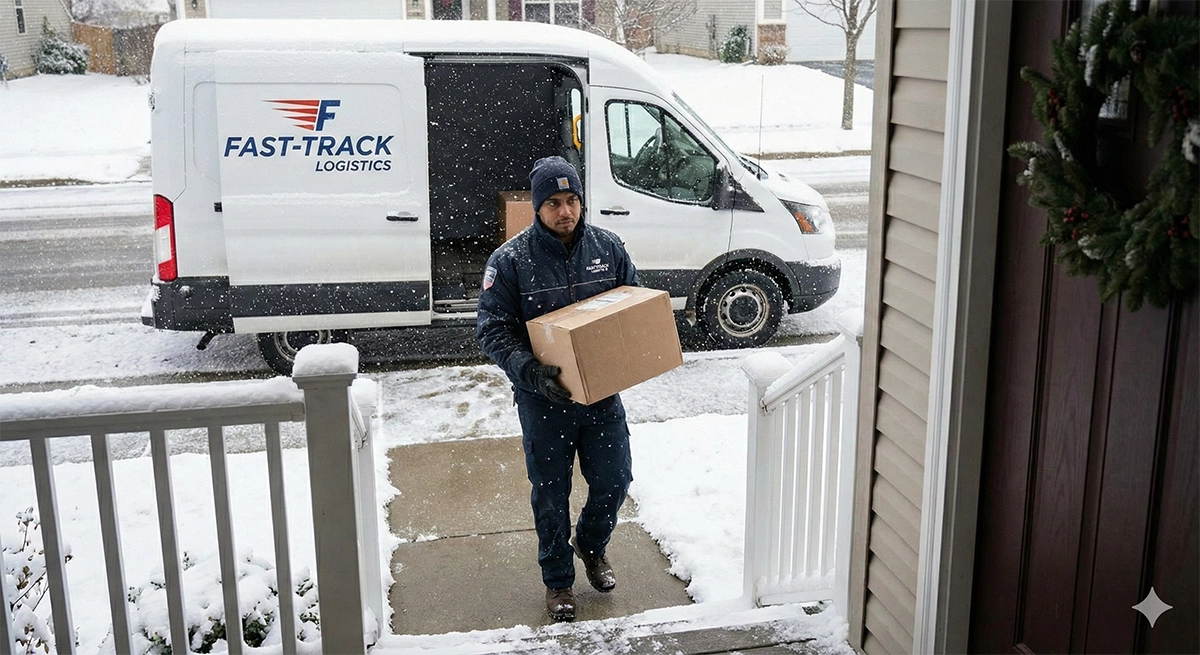Every U.S. state has some form of workers' compensation insurance legislation. However, some states offer workers' comp exemptions, including Colorado.
For businesses with qualifying owners and staff, workers' comp exemptions can save employers money on their insurance costs.
What is a workers' comp exemption?
A workers' compensation exemption allows a company's workers' comp policy coverage to exclude certain employees or in certain situations. Exemptions may apply to individual employees, groups of employees or the whole company. Workers' compensation laws vary from state to state.
The most common workers' comp exemption relates to the number of employees who work for a company. In most states, companies must provide workers' comp insurance if they employ one or more workers.
Many states exempt independent contractors and self-employed workers from workers' comp requirements.
Workers' comp legislation in certain states may also exempt business owners and partners, as well as volunteers. They may also exempt staff who only work a limited number of days annually, like seasonal workers. Additionally, employees who earn very little may also be exempt.
Colorado exempt employees
According to the Colorado Department of Labor and Employment, businesses with one or more workers must have active workers' compensation insurance. Colorado law considers anyone you hire and pay for services an employee. This applies to both full-time and part-time employees. It also includes family members.
Colorado offers a few workers' comp insurance exemptions. The state does not require employers to provide workers' comp insurance to:
- Casual maintenance or repair workers and casual farm or ranch workers who the employer pays less than $2,000 per calendar year.
- Private domestic or maintenance workers who work for less than 40 hours per week and less than five days per week, including nannies and au pairs.
- Drivers for contract transportation carriers such as Uber and Lyft.
- Real estate agents and brokers who earn money solely on commission.
- Volunteers.
Independent contractors and workers’ comp
The state also offers workers' comp exemptions for independent contractors. The Colorado Workers' Compensation Act defines independent contractors as workers who:
- Control the performance of their own work.
- Have an independent business doing that specific type of work.
- Do not have company employees under them.
Note: Paying someone with a 1099 does not automatically make them an independent contractor.
Although workers' comp exemptions can save employers money in the short term, many businesses insure these workers anyway to help avoid legal issues. Additionally, employees with workers' comp benefits tend to return to work more quickly after recovering from a workplace injury or illness.
Sole proprietors and workers’ compensation exemptions
Colorado does not categorize sole proprietors and business partners as employees. Because of this, the state exempts them from workers' comp insurance requirements.
You can still include yourself in your company's policy for protection in the case of a workplace injury or illness. This can help avoid paying related medical care expenses out of pocket.
Does a single-member LLC need workers’ comp?
Colorado considers corporate officers and members of LLCs employees of the company. However, it's possible to reject policy coverage in some cases.
To reject workers' comp coverage for yourself, you must:
- Own at least 10% of the company.
- Be the president, vice president, secretary, treasurer, or chairman of the board, or be a member of the LLC.
If your business does not employ workers besides corporate officers or LLC members, you may choose to reject coverage.
To reject coverage, submit a completed Rejection of Coverage by Corporate Officers or Members of a Limited Liability Company form to the Colorado Division of Workers' Compensation. You must still provide workers' comp insurance to any other employees who do not qualify for exemptions.
It is worth noting that companies can choose to include corporate officers and LLC members in their coverage despite their exemption.
Protect your business with workers' compensation insurance
Although workers’ compensation exemptions vary by state, many employers are required to get coverage. When you choose a trusted workers' comp partner, you choose peace of mind when you need it most.
With over a century of experience, Pinnacol Assurance provides businesses with reliable coverage, along with free:
- Safety services
- Injured worker support
- Return to work programs
Curious if Pinnacol is the right fit for your business? Get an online quote or connect with one of our partnering agents.














